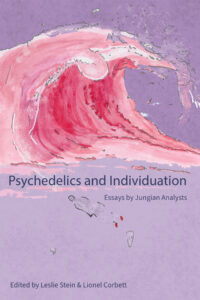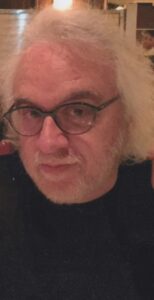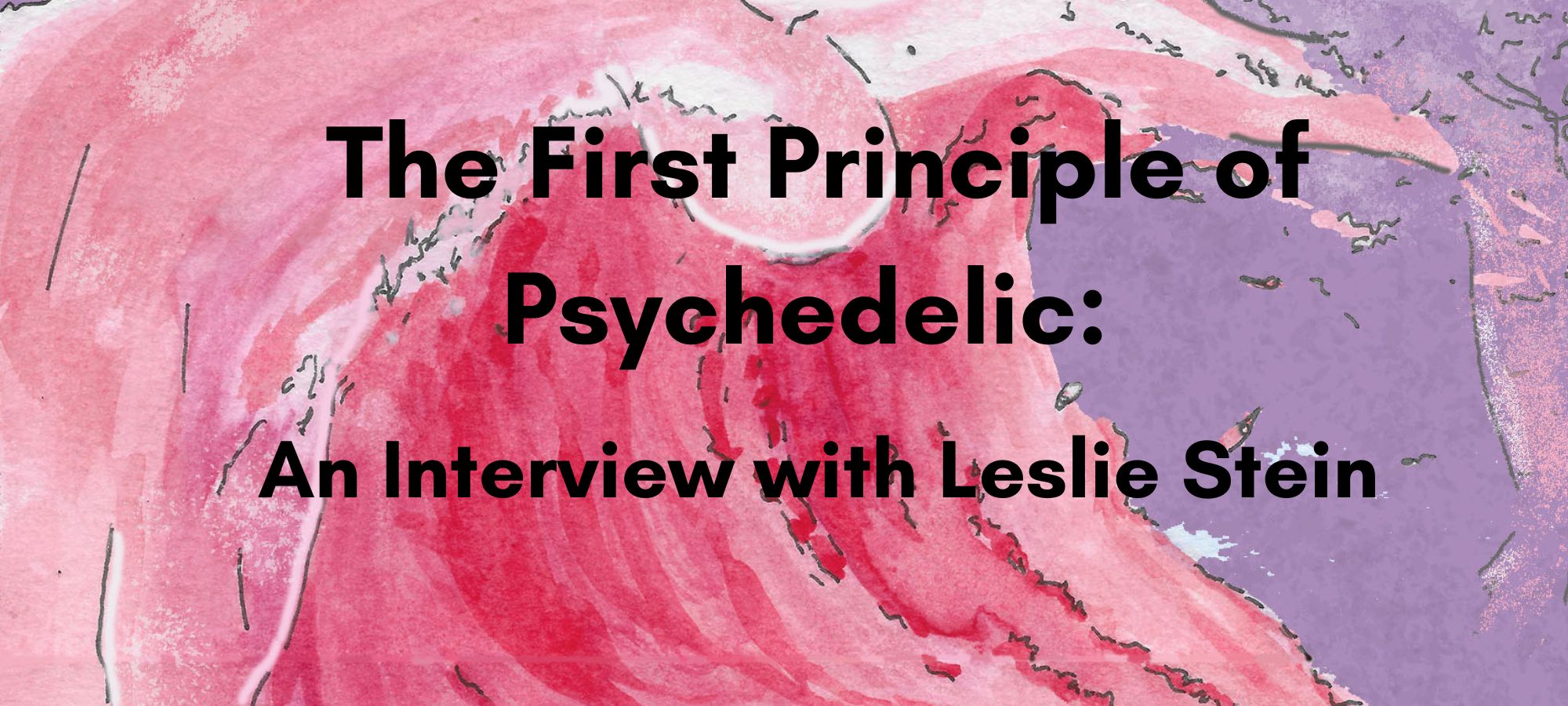Leslie Stein will be presenting at the “Individuation and Psychedelics Conversations with Jungian Analysts,” a joint IAAP and Pacifica Graduate Institute Conference, Dec 15-17, 2023, which will feature twenty discussants. I’m delighted to speak with him about his work and the conference.
Angela: You will be giving a presentation titled “Jungian Perspective on the First Principle of Psychedelic.” Last week, I spoke with Pacifica’s Lionel Corbett, Ph.D., who will also be participating in this conference, about Jung’s view on psychedelics as being something most people were not ready for. What is the “First Principle of Psychedelic” and what is your take on Jung’s view of it?
 Les: The first principle is the concept of the Self as the center of consciousness. This concept, reflected in all religions—the Holy Spirit, the Atman, and so on—indicates that there is a guiding spirit working through all of us that is responsible for our actions. The intention upon entering a psychedelic experience is part of the Set, which along with the Setting has a profound influence on the therapeutic outcome. At this time, research is not conclusive as to the appropriate framework, but the Self and its analogues should be the focus as Jung suggested as it ground all experience.
Les: The first principle is the concept of the Self as the center of consciousness. This concept, reflected in all religions—the Holy Spirit, the Atman, and so on—indicates that there is a guiding spirit working through all of us that is responsible for our actions. The intention upon entering a psychedelic experience is part of the Set, which along with the Setting has a profound influence on the therapeutic outcome. At this time, research is not conclusive as to the appropriate framework, but the Self and its analogues should be the focus as Jung suggested as it ground all experience.
Angela: Two of your previous books are Becoming Whole: Jung’s Equation for Realizing God, and Working with Mystical Experiences in Psychoanalysis: Opening to the Numinous, by which I take it that God and the mystic are part of your ongoing scholarship. Do you relate psychedelics with these things? Would you say that certain kinds of psychedelics help us access certain states of divine connection that we do not have on our own?
Les: There is no doubt that psychedelics, depending on the one used and the dosage, can overwhelm the conscious mind and produce experiences that approximate a mystical experience. However, the question is one of receptivity as it can be the case, even for a mystical experience, that it is not integrated and does not alter the conscious position. That is why the orientation in the Set and Setting and later integration has to be on the emergence of that Self as only that can shift the mind to make more of it than just an interesting experience that is soon reduced to a story.
Angela: The use of psychedelics in a therapeutic context is a burgeoning topic in California, as we see the legality shifting. But admittedly, it is new territory. How do you hope to see the exploration of these substances and their place in the field of psychology unfold? Is there a difference between Australia, where you reside, and the United States in this regard?
Les: In Australia, psychiatrists can administer psychedelics. They have a curative effect because the patient population is in extremis, such as those with PTSD and end-of-life distress. These people are receptive because of the need to shift the psychological condition. However, psychoanalysis works primarily with neurosis for the majority of patients and it is not clear how psychedelics can impact treatment. This is what we need to find out at the conference.
Angela: What do you most hope to get out of the conference and why is it important that discussions like this exist?
Les: The use of psychedelics to affect mental health is a juggernaut that has entranced pharmaceutical companies, venture capitalists, and all those who are interested in mental health. The effectiveness of their use poses questions for the 100 year tradition of psychoanalysis where the emphasis is on working with the unconscious. A protocol and some guidance for depth psychologists appears critical as it is hard to sort out what is appropriate for a normal psychological process, not only for intractable pathologies.
Angela: I know you’re working on a new book. Can you tell us about your most current project and does it relate to the topic you’re speaking on?
Les: My new book is a new novel that I just completed: The Psychoanalysis of Dr. Seele, exploring the way in which psychological change occurs in a distinguished surgeon who faces problems for no fault of his own. In it, he has a psilocybin experience and that is where I wanted to explore how this really works in a longer-term psychoanalytic process.
Angela: Thank you so much for your time and sharing your thoughts. I look forward to reading your new book!
To join us for the “Individuation and Psychedelics Conversations with Jungian Analysts,” a joint IAAP and Pacifica Graduate Institute Conference, Dec 15-17, 2023, learn more here. All are welcome!

Leslie Stein trained as a Jungian Analyst at the C.G. Jung Institute in New York and is in private practice in Sydney, Australia. Professor Stein’s books include Becoming Whole: Jung’s Equation for Realizing God (Helios); Working with Mystical Experiences in Psychoanalysis: Opening to the Numinous (Routledge); The Self in Jungian Psychology: Theory and Practice (Chiron) – winner of the IAJS Award for the best book on Jungian theory, 2022; The Journey of Adam Kadmon: A Novel (Arcade, New York), Editor, Eastern Practices and Individuation: Essays by Jungian Analysts (Chiron); and Editor with D. Rickles of Varieties of Nothingness (Chiron, forthcoming). He is also on the Board of Directors of the Philemon Foundation.

Angela Borda is a writer for Pacifica Graduate Institute, as well as the editor of the Santa Barbara Literary Journal. Her work has been published in Food & Home, Peregrine, Hurricanes & Swan Songs, Delirium Corridor, Still Arts Quarterly, Danse Macabre, and is forthcoming in The Tertiary Lodger and Running Wild Anthology of Stories, Vol. 5.


